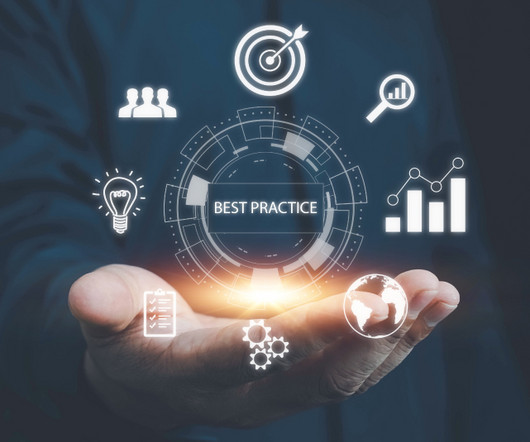Optimizing eLearning through Custom Content Development Outsourcing in 2023
Infopro Learning
FEBRUARY 24, 2023
The benefits of outsourcing custom eLearning development include access to expert knowledge, cost savings, and the ability to scale up or down as needed. Additionally, outsourcing partners often have a wider range of experience and knowledge in different industries and subject areas, which can add value to your training programs.
























































Let's personalize your content